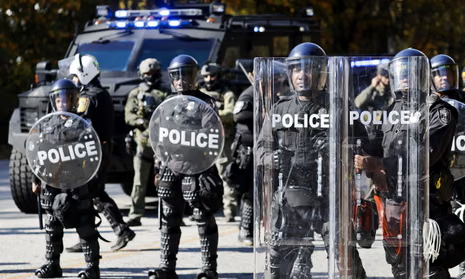Trump’s renewed focus on crime in Washington, D.C.
Former President Donald Trump has brought crime and public safety back into the spotlight, arguing that Washington, D.C.’s challenges stem from ineffective local leadership. In a recent announcement, he emphasized the need for tougher measures and moved to nationalize the city’s police force while deploying the National Guard.
Democrats’ response and political difficulties
Democratic leaders have criticized these actions, pointing out that although crime rose during the pandemic, recent data shows a decline in violent incidents nationwide. Still, the issue remains politically sensitive, as Republicans have managed to frame themselves as the party of “law and order,” shaping voter perceptions in their favor.
Polls suggest that a significant portion of Americans continue to see crime as a serious concern, providing Republicans with an advantage in both messaging and electoral debates.
Progressive policies under scrutiny
Proposals such as cashless bail and calls to reduce police funding have been central to Republican criticism, often used to portray Democrats as “soft on crime.” Many Democratic leaders, however, have distanced themselves from “defund the police” initiatives, instead advocating for reforms that focus on prevention, community investment, and addressing underlying social issues.
The path forward
As future elections approach, Democrats face the challenge of balancing a strong message on safety with broader strategies that address the root causes of crime. Meanwhile, Republicans are expected to keep public safety at the center of their platform, highlighting contrasts with progressive policies.



